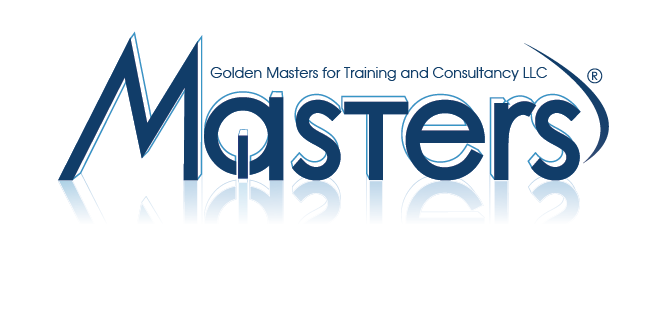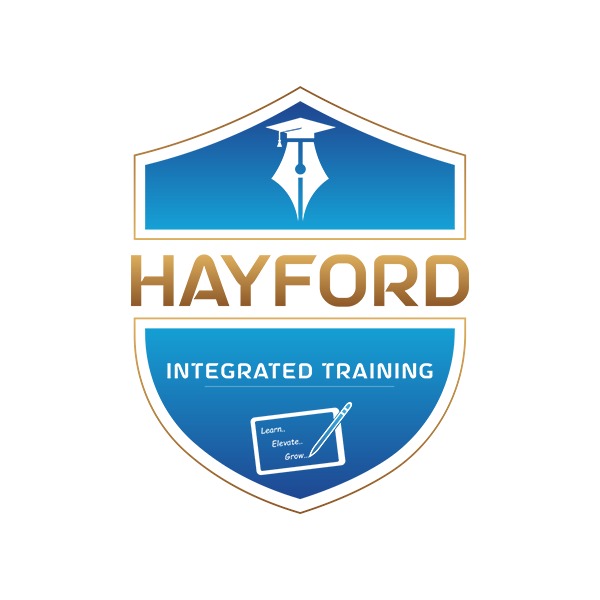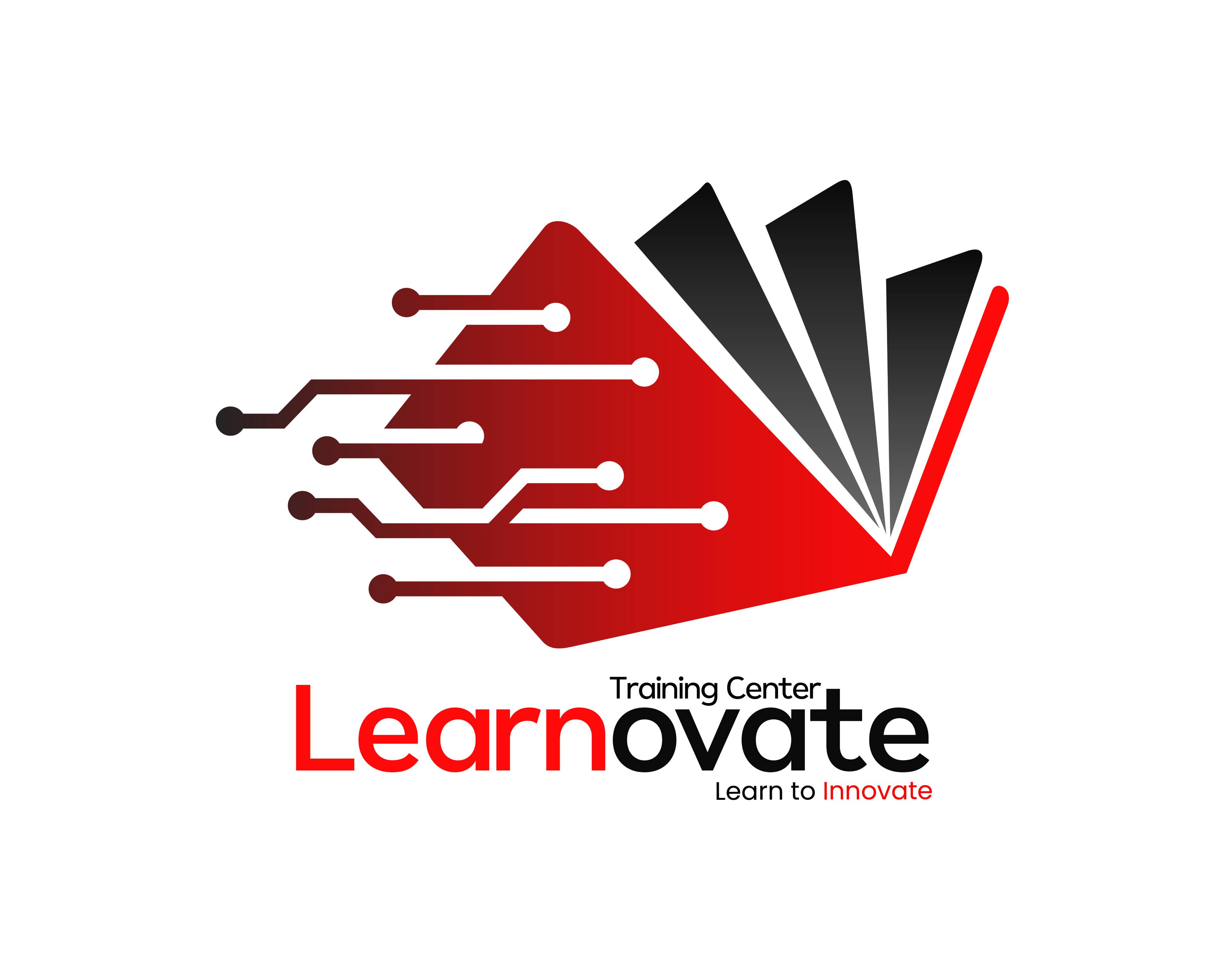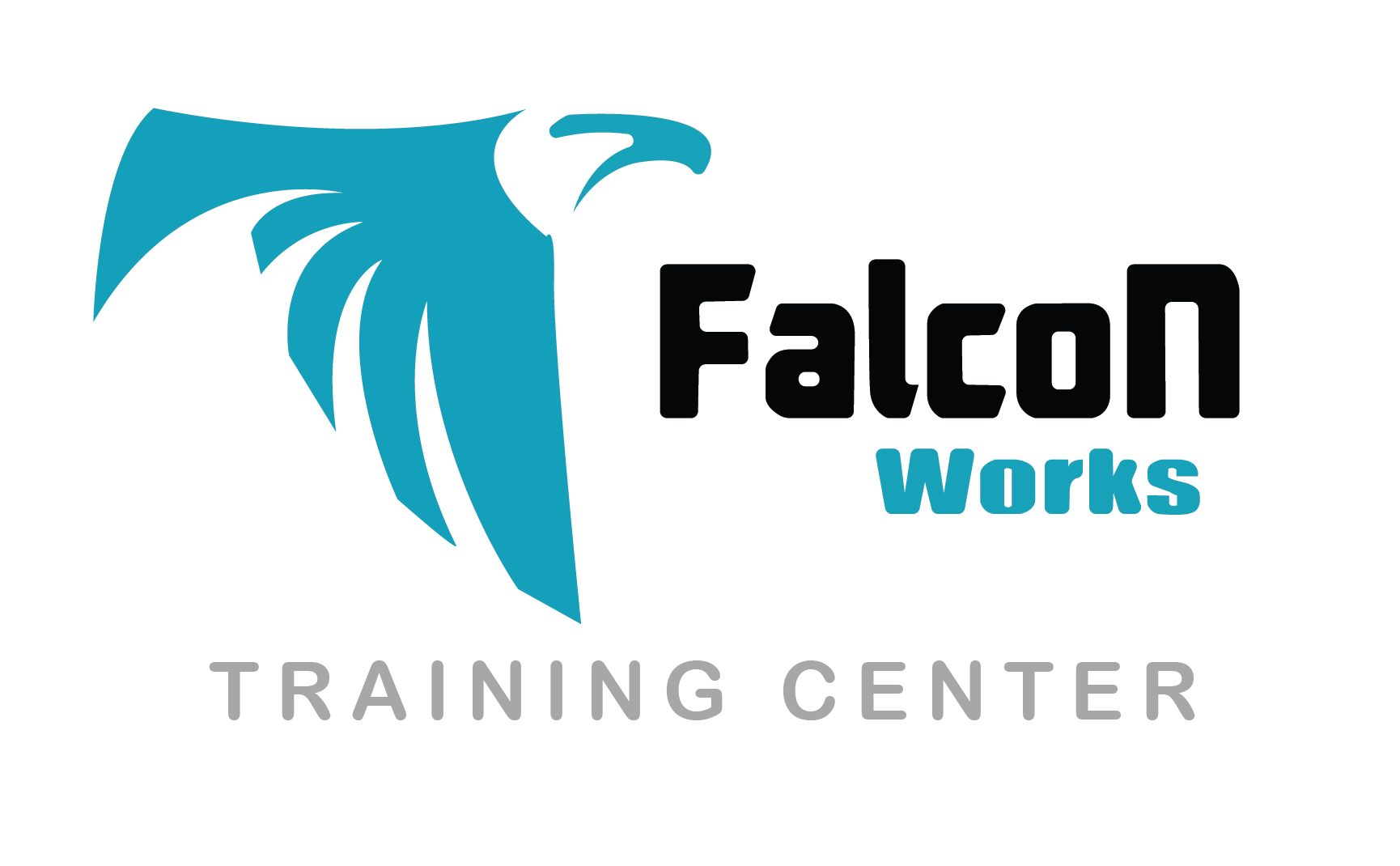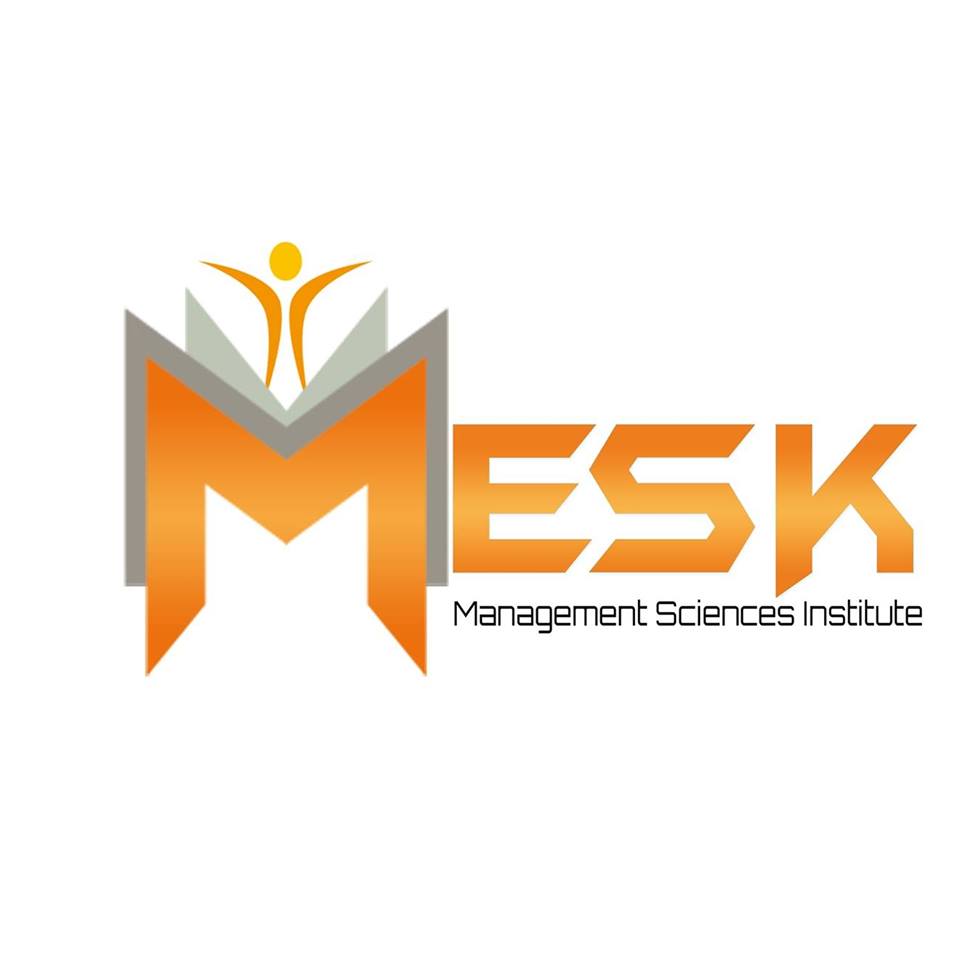Course Description
There are two types of organisations: those with a competency framework and those who are going to introduce a competency framework. Whether you are about to review or amend your competency framework or if you are planning to introduce a competency framework then this course is for you.
Being tasked with introducing competencies into your organisation can seem at times like a mission impossible! This highly informative and interactive course will give you the tools, models, knowledge and understanding to be able to effectively design, build and implement a competency framework in your organisation.
Based on best-in-class experiences you will be able to implement a competency framework that contributes to your organisation’s strategy and long term success. You will also identify issues that allow you to make an informed decision regarding the implications for successful implementation.
Getting the best from people is a complex and difficult task. It is also the key to running a successful team or department.
The use of competencies can be of great help in understanding behaviour and ensuring that the right people are in the right jobs and the right techniques are used to motivate them. This program will show you how to achieve this.
Competencies can be key elements in the following applications:
· The management of values –“walking the talk”
· Leadership development
· Selection criteria and methods
· Talent management and career planning
· Succession planning
· Performance management
· Assessment
· Employee development
Course Objective
1. Develop and define competencies that are a valuable management tool providing a common language and framework for understanding your organisation’s performance
2. Gain top management commitment to the framework, ensure that it is based on the mission, vision, values and strategy of your organisation, and then communicate it effectively
3. Learn how to implement the competency framework, using it to build a linked and cohesive suite of critical HR processes
4. Understand the fundamental components of an effective competency framework and use this understanding to design and implement a framework that contributes to your organisation’s success
5. Explore common implementation challenges and discover how to overcome common pitfalls to ensure smooth implementation
The program will discuss and establish the opportunities for the use of competencies and provide some ideas for the range of applications. This program will build the case for using competencies and show how to develop and apply a competency framework
The Goals
Participants will learn how to:
· Define a competency and understand the distinction between competencies, skills and tasks
· Describe how to use competencies in public and private organisations
· Differentiate between Leadership competencies, Technical competencies and Behavioural competencies
· Link competencies to organisational objectives and values – manage not only what staff do but how they do it
· Use competencies for recruitment and assessment; for development; for talent management; for performance management and for succession planning
Course Certificate:
Masters Consultant certificate will be issued to all attendees completing minimum of 75% of the total tuition hours of the course.
Course Outline
Day One: Designing a Competency Framework
· Data collection – what do we need to know?
· Data collection methods
· Analysis of information collected
· Considering different competency designs
· Technical competencies
· Behavioural competencies
· Leadership competencies
The Links between HR and Competencies
· What are competencies?
· What support should managers, team leaders and supervisors get from HR?
· And what should they take responsibility for themselves?
· Values, Strategy and HR
· Different methods of developing a competency framework – behavioural event interviewing, repertory grid interviews, top management judgments, focus groups
· Getting “buy-in”
· An HR Management Framework Based on Competencies
· Technical, Behavioural and Leadership Competencies
Day Two: Competencies and Recruitment
· Competency design – definitions, negative indicators, positive indicators
· Recruitment and Selection
· Adapting a competency framework for use in recruitment
· The use of assessment centers in recruitment
· Examples of Assessment Centers.
· Induction, orientation and personal development
Day Three: Performance Management
· Using competencies in performance management
· The four stages of performance management – agreeing objectives, giving feedback, coaching, appraisal
· Links to pay
· Introducing a performance management process:- consultation, communications, training and alignment
Day Four: Talent Management
· Attracting the right talent
· Competency-based Career Planning
· Management Succession
· Succession Planning
· Competency-based Training and Development
Day Five: Shaping Behaviour and Managing Culture
· The development of values (and the link to competencies)
· Motivation
· Extrinsic and Intrinsic Reward
· Empowerment and Accountability
· Right-sizing
· Self Assessment
· 360 degree feedback
· Cases & Workshop
